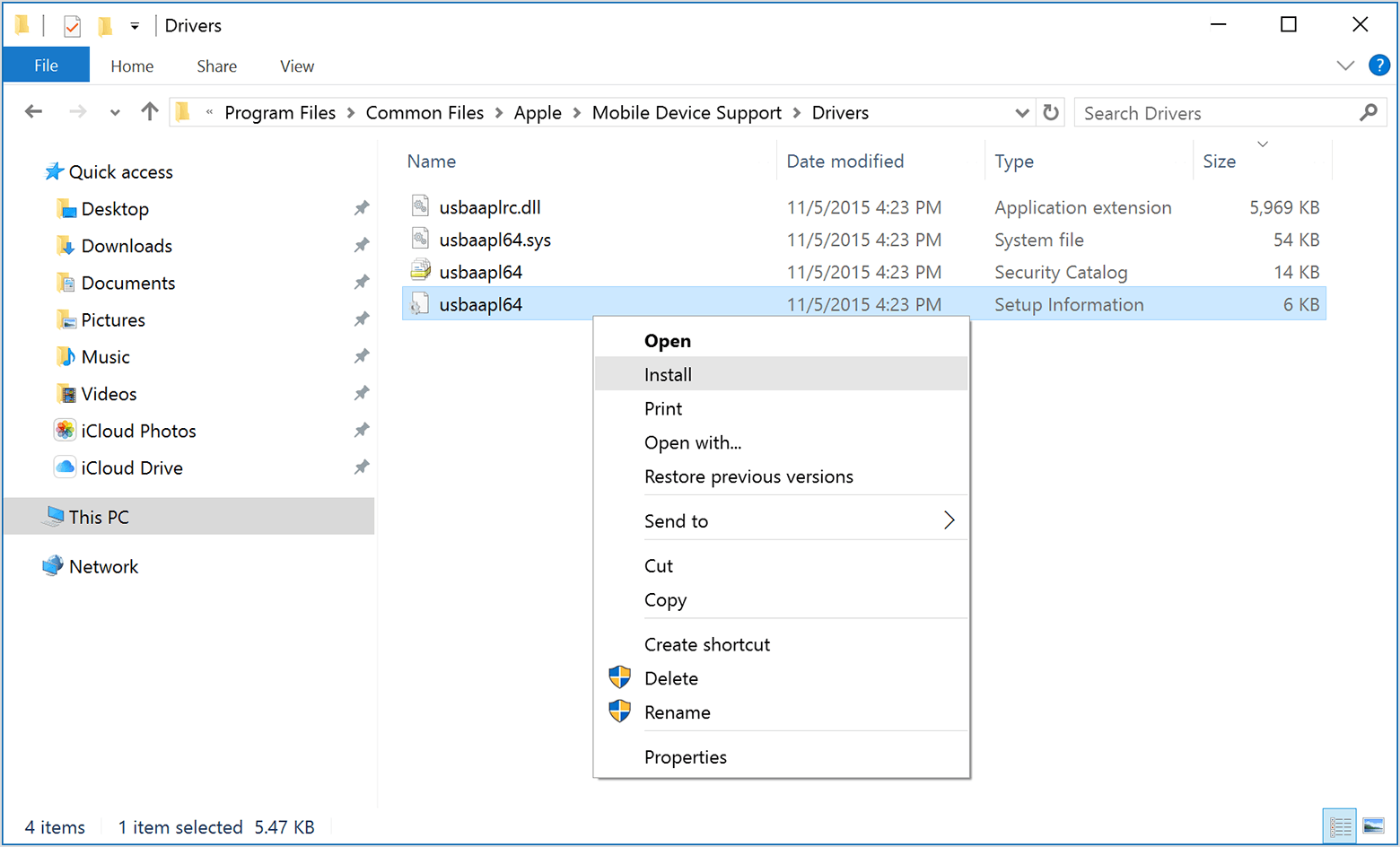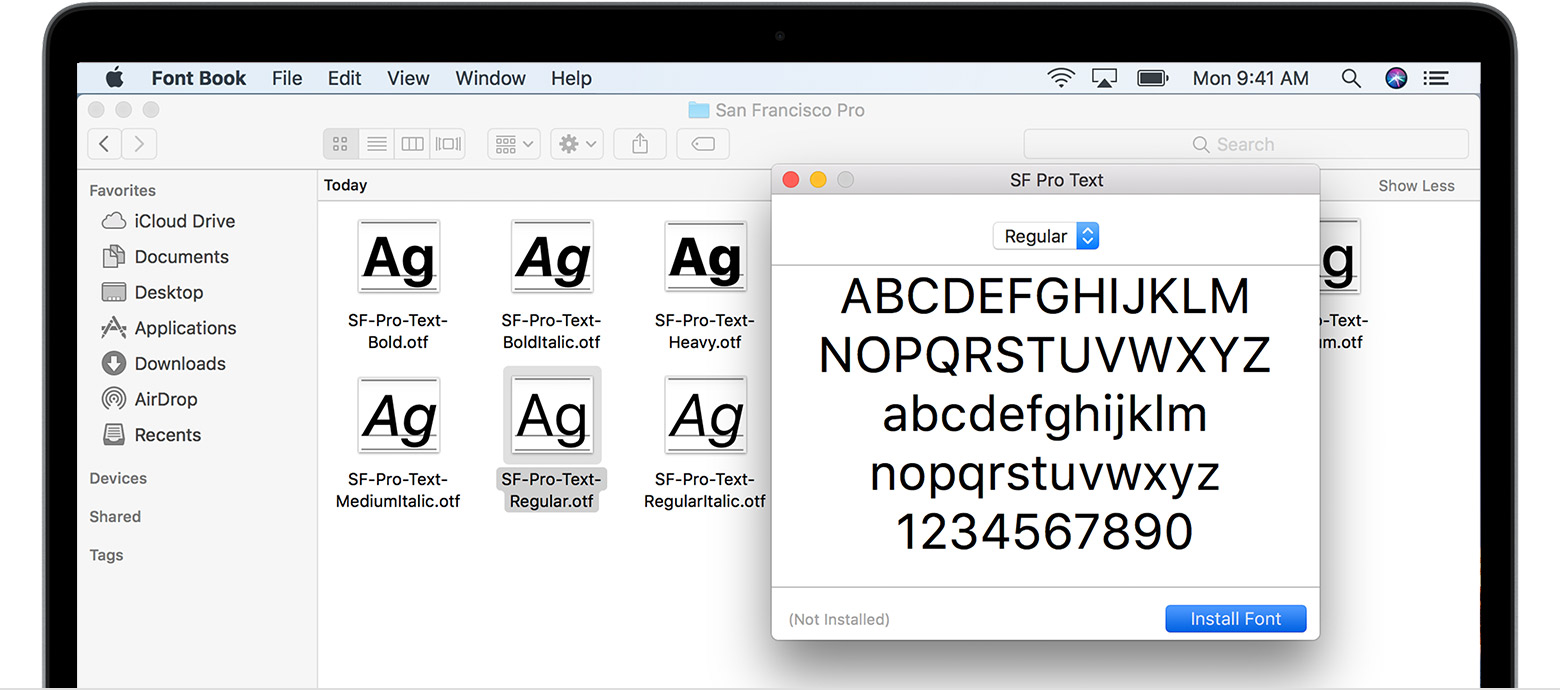How Do You Install Gdb For Mac
After hours and hours of searching, I finally found an obscure gist identifying the issue and detailing the solution. TL;DR The GNU Debugger requires a patch before it can work with MacOS. Step 1: Make sure you have the prerequisites for installing gdb: An ANSI-compliant C compiler (gcc is recommended - note that gdb can debug codes generated by other compilers) 115 MB of free disk space is required on the partition on which you're going to build gdb.
- How Do You Install Gdb For Mac Windows 10
- How Do You Install Gdb For Mac High Sierra
- Mac Os X Installer Download
- Gdb Mac Os
- Gdb On Mac
There are a few ways to install gdbgui on your machine. There is even a way to run gdbgui without installing it. Read on to to find the one that's right for you.

Method 1: Using pipx (recommended)

gdbgui recommends using pipx, a program to run Python CLI binaries in isolated environments.
You can install pipx like this:
Restart/re-source your console to make sure the userpath is up to date.
Then, install gdbgui with pipx:
To upgrade run
When installation is finished, type gdbgui from the command line to run it, or gdbgui -h for help.

To uninstall, run
Try Without Installing
By using pipx, you can run Python CLI programs in ephemeral one-time virtual environments.
A new tab running the latest version of gdbgui will open in your browser. Press CTRL+C to end the process, and your system will remain untouched.
Method 2: Using pip
pip is a popular installer for Python packages. gdbgui is a Python package and as such can be installed with pip, though we recommend using pipx rather than pip if possible.
If you prefer to use Virtual Environments, you can activate one and then run
You can get upgrades with
To uninstall, run
Method 3: Download and Run Binary Executable
Download and run the binary executable for your system from GitHub Releases.
System Dependencies for Python Package
Note that this only applies if you are installing the Python package, and not using the binary executable.
- gdb (gnu debugger)
- Python 3.4+ (recommended) or 2.7
- pip version 8 or higher
Linux Dependencies
macOS Dependencies
macOS users must also codesign gdb: follow theseinstructions. This will fix the errorplease check gdb is codesigned - see taskgated(8).
Windows Dependencies
Note that windows is only supported for gdbgui versions less than 0.14.
- gdb, make, gcc
If you do not have already have gdb/make/gcc installed, there are two options to install them on Windows: MinGW and cygwin.
MinGW (recommended)
Minimal GNU for Windows (MinGW) is the recommended Windows option. Install MinGW with the 'MinGW Base System' package. This is the default package which contains make, gcc, and gdb.
It will install to somewhere like C:MinGWbin... For example C:MinGWbingdb.exe, C:MinGWbinmingw32-make.exe, etc.
Ensure this MinGW binary directory (i.e. C:MinGWbin) is on your 'Path' environment variable: Go to Control Panel > System Properties > Environment Variables > System Variables > Path and make sure C:MinGWbin is added to that list. If it is not added to your 'Path', you will have to run gdbgui with the path explicitly called out, such as gdbgui -g C:MinGWbingdb.exe.
Cygwin
Cygwin is a more UNIX-like compatibility layer on Windows, and gdbgui works with it as well.
- Install cygwin
When installing cygwin packages, add the following:
- python3
- python3-pip
- python3-devel
- gdb
- gcc-core
- gcc-g++
Running from Source
See the contributing section.
INSTALLATION:
- if not installed already, install
brew - if you have brew already on your system, you might want to update the brew installation, typing:
brew update. This will give you the latest installation recipes - install GDB:
brew install gdb. This will install the latest GDB.
CONFIGURATION:
If you try to start using the newly installed GDB in your terminal at once, you may get an error like this one:
If that’s the case, you should code-sign GDB. In order to do so, please follow the following steps.
CODE-SIGNING GDB:
Clicking on Continue you will get a warning like “You are about to create a self-signed certificate.”, you can continue. You are now asked to set a validity period, in days; I just set 999 days (which appears to be the maximum value accepted, at least on Mavericks) so I don’t have to do it again in a short while. Then, for the purpose of this self-signed certificate made to run GDB on our system, you can skip all the other certificate settings, just clicking on “Continue” when asked, until your are asked to set the location
here, choose “System”, then click on “Create”.You might be asked for your password, and you will get your new certificate!
Now go to the Certificate Assintant window and look for your newly created certificate “gdb-cert”, then double-click on it. You will get the detailed info about the new certificate:
Click on “Trust”, and set the first setting to “Always Trust”
Close the Certificate Assistant window; you might be asked for your password to save the changes you made.
Now we want to kill the taskgated process, to be sure to pick the new certificate when code-signing:
Now we can code sign our GDB. To do that we open a shell, and we look for the GDB location:
How Do You Install Gdb For Mac Windows 10
then we can use this location to code-sign GDB, typing:
You might then be asked for your password.
How Do You Install Gdb For Mac High Sierra
If you get an error like this
then restarting your machine should fix the problem.
Mac Os X Installer Download
Now we can use the just installed gdb in our shell!
Gdb Mac Os
Written on March 21st , 2016 by Riccardo Maria BianchiGdb On Mac
